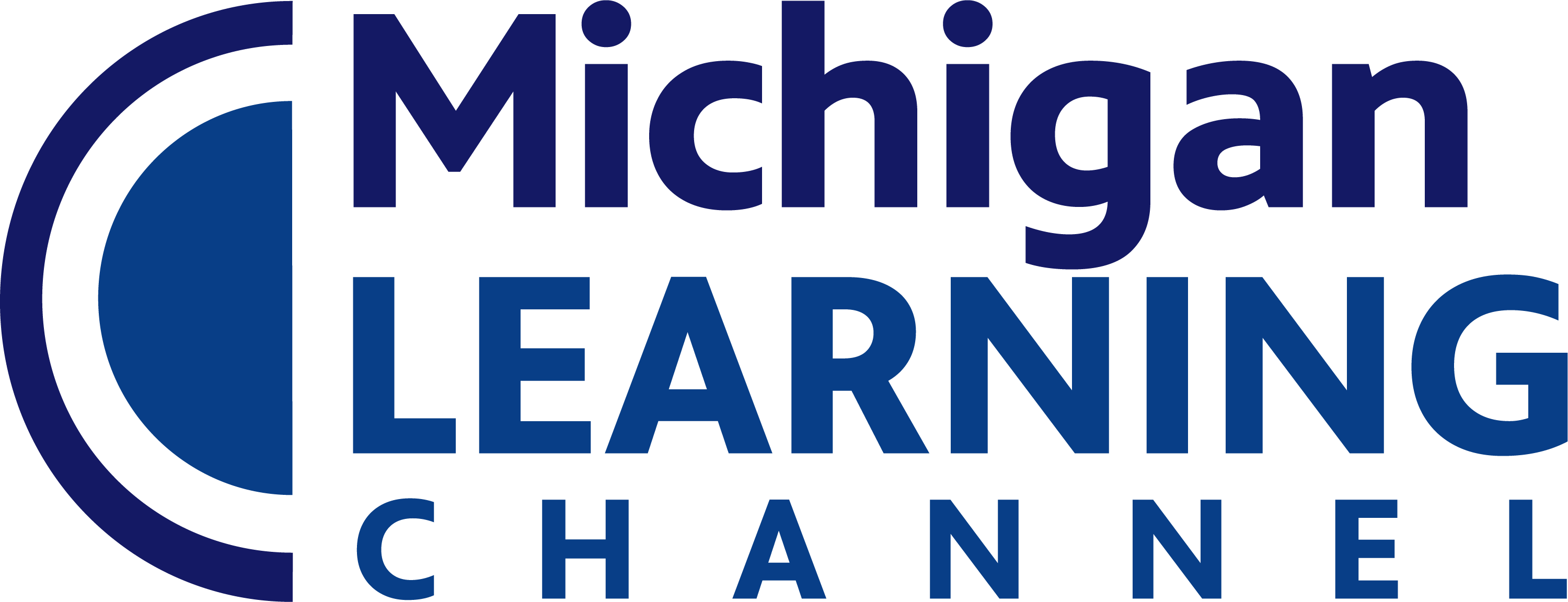MI.CS.3B.AP.09
Implement an artificial intelligence algorithm to play a game against a human opponent or solve [...]
Implement an artificial intelligence algorithm to play a game against a human opponent or solve [...]
Create prototypes that use algorithms to solve computational problems by leveraging prior student knowledge and [...]
Systematically design and develop programs for broad audiences by incorporating feedback from users.
Create artifacts by using procedures within a program, combinations of data and procedures, or independent [...]
Decompose problems into smaller components through systematic analysis, using constructs such as procedures, modules, and/or [...]
Design and iteratively develop computational artifacts for practical intent, personal expression, or to address a [...]
Justify the selection of specific control structures when tradeoffs involve implementation, readability, and program performance, [...]
Use lists to simplify solutions, generalizing computational problems instead of repeatedly using simple variables.
Document programs in order to make them easier to follow, test, and debug.
Distribute tasks and maintain a project timeline when collaboratively developing computational artifacts.
